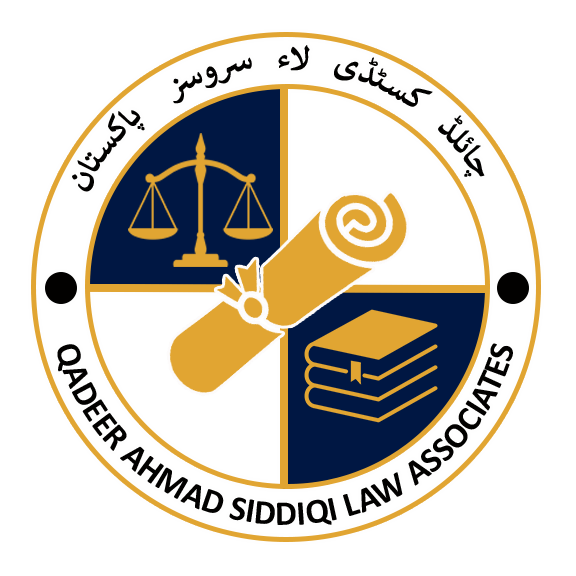The Concept of In Camera in Court
The term in camera is a Latin word in law that means “in chambers.” It refers to proceedings held away from public observation such as trial proceedings or other legal actions which are hidden so that the information that’s divulged to the court is not open to the general public. These types of hearings are often sought out to protect a minor’s privacy and to keep their information confidential. Some legal systems in foreign jurisdictions also use in-chambers hearings as a way to keep the public from seeing sensitive details, such as classified information, that pertain to national declarations of war.
In Pakistan, Child Custody Law Services seek in-camera proceedings in certain cases to protect a minor’s identity and to keep classified information from the public eye. For lawyers, this provides a way to keep the facts of a case confidential when there is a legal reason to do so. One example of when this may happen is in a child custody case. In some cases, the chairperson of a child custody proceeding may decide that it is in a child’s best interest to have an in-chambers meeting without the public. They may close the children’s custody case to the press if they feel that the child’s privacy and safety will be compromised.
While the concept of in camera isn’t unique to child custody proceedings, it can be extremely valuable in certain circumstances. Depending on the judge and the issues of the case, in some cases it will be acceptable because the information involves minors and parental rights, which can be sensitive subjects and matters of privacy. An example of when in camera may be useful is when there is a ruling for child custody and visitation in question. Usually these matters are held in front of the judge, but in some cases it is not.
If you are a client of Child Custody Law Services, your lawyer may refer to what does in-camera mean in court in terms of having a closed court hearing. In some cases, the child custody lawyer may ask that the proceedings be in camera when there are witnesses or private parties involved, which can be signed and sealed by the court or otherwise kept from the press and the media. There may be private documents that are available to the court only, which may be deemed relevant to the case. In order for this document to be kept private from the public, the child custody lawyers request that a request be made to close the court to family members, the media, the press, and others so that the proceedings may remain private.
One of the primary goals at Child Custody Law Services is to ensure shared parenting rights in Pakistan for both mothers and fathers and to support the well-being of minor’s emotional adjustments and personal needs. By using the concept of in camera, a means of gathering information and documentation while protecting the privacy of all parties involved, information is only divulged among the legal professionals and attorneys of respective parties directly concerned. If you still need convincing, consider when you think about how school records, financial documentation, and other private statistics can be used against you or not used properly. That’s not to say that you cannot still have your footage protected in some manner. If you don’t want your in camera statements to be preserved, that’s your right. If you do, however, the court has certain rules and procedures that are required by law to comply with these requests.
